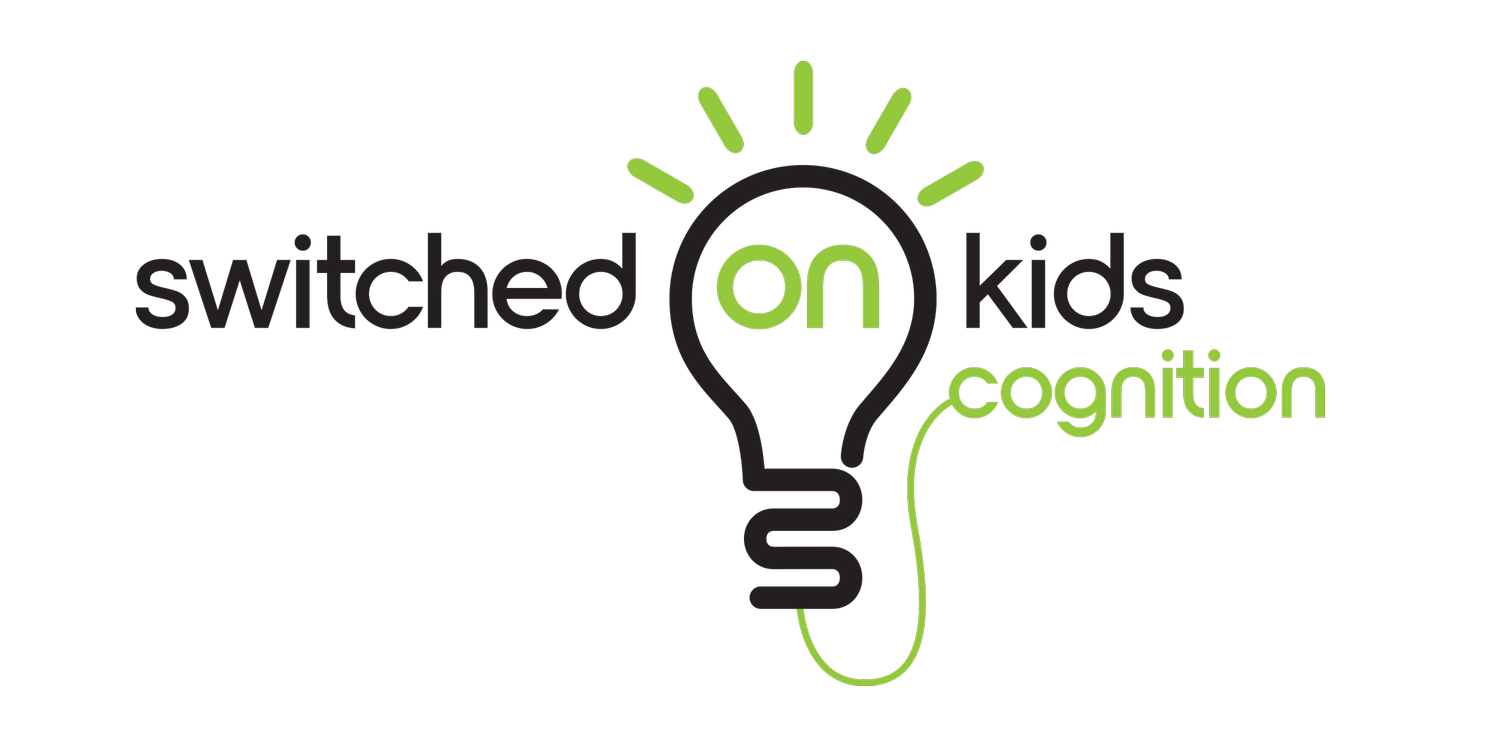Have you heard of DLD?
This month my socials have been flooded with information about ADHD. Which is great, the more we talk about it the better! However, … why isn’t anyone talking about a condition that is even more prevalent and affects approximately 6.4% of Australian 10-year-olds?
Developmental Language Disorder (DLD) is a life-long condition that is characterised by difficulties understanding and using spoken language. DLD has no known cause and persists throughout adolescence and into adulthood. DLD is a common neurodevelopmental disorder. The first study to investigate DLD in Australian children found a prevalence rate of 6.4% at age 10. The prevalence rate was slightly higher in boys but this was not significant (Calder et al., 2022). These data suggest that in the average classroom of 30 children, there will be two children with a language disorder that is pervasive and persists into adulthood. The data show that DLD is more common than ADHD (5%), and autism (1%) and far more common than permanent childhood hearing impairment (0.165%). There is no known gene or biomarker for DLD (although it does seem to run in families).
DLD is a hidden disability, that is under-researched, underfunded, and not given the awareness it so desperately needs. A recent online survey that investigated awareness of DLD in Australia found that 98% of participants were aware of ADHD, 97% were aware of ASD and 98.5% were aware of dyslexia. In comparison, awareness of DLD was very low, with only 19.9% having heard of the disorder (Kim et al., 2022).
Ask yourself these questions. Does your child have difficulties with:
Using language to express thoughts and feelings and regulate behaviours and interactions with others?
Following instructions and understanding questions?
Comprehending what they read?
Social interactions that involve in-depth conversations, jokes and non-literal language.
Attention, listening, verbal memory and processing information they hear?
Literacy, reading, writing and high-level expression?
Zoning out and not listening?
Most school work?
And/or …
Constantly interrupting?
Talking excessively and not waiting their turn in conversation?
Is quick to answer before a question is completed?
Sounds a lot like inattentive ADHD and kids with poor working memory, right? And here is the dilemma, many kids with DLD do have co-occurring ADHD. A recent study that included 55 children with DLD found that 70% also had a diagnosis of ADHD (Dlouha et al., 2020). Sometimes the language difficulties are picked up but often they are put down to simply “not paying attention”.
Language is not currently included in the core diagnostic criteria of the DMS-5 for ADHD (note diagnostic criteria for DLD are included separately in the DSM-5). However, research consistently shows that children with ADHD are at higher risk of language problems. A review of 21 studies found that children with ADHD were significantly more likely to have difficulties with expressive, receptive, and pragmatic (social) language. The authors suggest that a screen of language function would be valuable when assessing and diagnosing ADHD (Korrel et al., 2017). I suggest that if you have a child with ADHD, you consider a language screen. If your child has done the WISC and has poor verbal comprehension and processing speed scores, please consider a full language assessment (again, my observation).
A 2014 study found that only a quarter of a sample of Australian children with a diagnosis of ADHD and language problems were currently accessing speech pathology services (Sciberras et al., 2014). Keep in mind that ADHD on its own does not qualify for NDIS funding. However, ADHD plus DLD may increase your chance of receiving vital funding for speech pathology services (don’t quote me on this but do consider it if you suspect your child may also have DLD). See - https://thedldproject.com/dld-and-the-ndis-a-practical-guide-for-families/
DLD is neurodevelopmental. Research has shown that children with DLD have abnormalities in both awake EEG (49%) and nocturnal (sleep) EEG (56%), with epileptiform discharges being most common during non-REM sleep (Dlouha et al., 2020). There is a huge overlap between ADHD, ASD, DLD, and working memory/executive function problems. Many kids with DLD also have co-occurring dyslexia (Bishop & Snowling, 2004). Those children with DLD who are “good readers” will likely have poor comprehension skills. I have noticed that DLD kids much prefer fact books and can retain facts far more efficiently than complex fictional narratives.
Kids with DLD are at high risk of poor mental health. This makes sense when you consider that they struggle socially and miss many nuances in conversation. Approximately 64% of children with a persisting language disorder have externalising behaviours (e.g., conduct disorder or aggression) or internalising behaviours such as anxiety or withdrawal (Conti-Ramsden & Botting, 2004). Kids with DLD are far more likely to have anxiety and depression than their friends (Botting et al., 2016). They have a poorer quality of life due to social and emotional difficulties (Eadie et al., 2018). I would argue that if your child has DLD and co-occurring anxiety or conduct problems psychological services and talk therapy will only be helpful if the therapist is fully aware of your child’s language difficulties.
Kids with DLD also have real difficulties making and keeping friends throughout childhood and adolescence (Mok et al., 2014; Wadman et al., 2011). I do not have statistics, but I wonder how many of these children have attended “social skills” training. If poor language is what stops a child from full participation, then social skills-type training may not be helpful and may cause further anxiety.
It has been well-known for many years that we are failing children with DLD. It does not receive the research or clinical funding it deserves. There is a lack of awareness of DLD and the nature of DLD has meant that it has stayed hidden. These kids struggle to find a voice and so we must raise awareness for them.
DLD is very close to my heart. My eldest son was slow to speak and diagnosed with expressive and receptive language delay at a young age (before school). He also has inattentive ADHD. We have attended speech therapy for many years (with some breaks). It has been a slow process but it has made a difference. As a parent, I have attended many, many sessions and learned the best ways of supporting my son. I find that the more you can practice things like fast word finding, word games, and vocabulary at home the faster you will see progress. This must be done in a way that is interesting for your child otherwise they will get bored and quit fast! My son loves me to sit and watch Disney movies with him and explain concepts and language he does not understand. One of my biggest challenges as a parent is to slow down and give him time to respond. I tend to speak WAY too fast and use far too many words - this is NOT helpful and I have to remind myself to slow down (and get to the point!). I never underestimate my son’s intelligence - he is smart !! He learns visually, is very hands-on, and is an incredible artist.
Even at age 12, we are still attending speech. These days the focus is on managing friendships, getting the subtleties of jokes, and managing social situations. A child with DLD does not find fast-moving group conversations easy and may feel excluded. One-on-one tutoring has been really helpful as instructions given in a busy classroom environment are very tricky to process … and year 6 maths is too hard for me to be of much help :)
Please share this information. Our DLD children cannot have this conversation - it is one that we must have for them.
To learn more about supporting your child with DLD please see HERE
If you would like to work on boosting verbal working memory skills please see HERE
References
Bishop, D. V. M. & Snowling, M. J. (2004). Developmental Dyslexia and Specific Language Impairment: The same or different? Psychological Bulletin. 130 (6), 858-886.
Botting, N. et al. (2016). Emotional health, support, and self-efficacy in young adults with a history of language impairment. British Journal of Developmental Psychology, 34(4) 538-554.
Calder, S.D. et al. (2022). The prevalence of and potential risk factors for Developmental Language Disorder at 10 years in the Raine Study. Journal of Paediatrics and Child Heath, in press.
Conti-Ramsden, G., & Botting, N. (2004). Social difficulties and victimization in children with SLI at 11 years of age. Journal of Speech, Language, and Hearing Research, 47, 145-161.
Dlouha et al. (2020). Developmental Language Disorder: Wake and Sleep Epileptiform Discharges and Co-morbid Neurodevelopmental Disorders. Brain Science, 10(12): 910.
Eadie, P. et al. (2018). Quality of life in children with developmental language disorder. International Journal of Language and Communication Disorders, 53(4), 799-810.
Kim, J.H. et al. (2022). Have You Heard of Developmental Language Disorder? An Online Survey. Communication Disorders Quarterly, https://doi.org/10.1177/15257401221115822
Korrel, H. et al. (2017). Research Review: Language problems in children with Attention-Deficit Hyperactivity Disorder - a systematic meta-analytic review. Journal of Child Psychology & Psychiatry, 58(6), 640-654.
McGregor, K. (2020). How We Fail Children with Developmental Language Disorder. Language, Speech and Hearing Services in Schools, 51(4), 981-992.
Mok, P. L. et al. (2014). Longitudinal trajectories of peer relations in children with specific language impairment. Journal of Child Psychology and Psychiatry, 55(5), 516-527.
Sciberras, E. et al. (2014). Language problems in children with ADHD: a community-based study. Pediatrics, 133(5), 793-800.
Wadman, R. et al. (2011). Close relationships in adolescents with and without a history of specific language impairment. Language, Speech, and Hearing Services in Schools, 42(1), 41-51.


